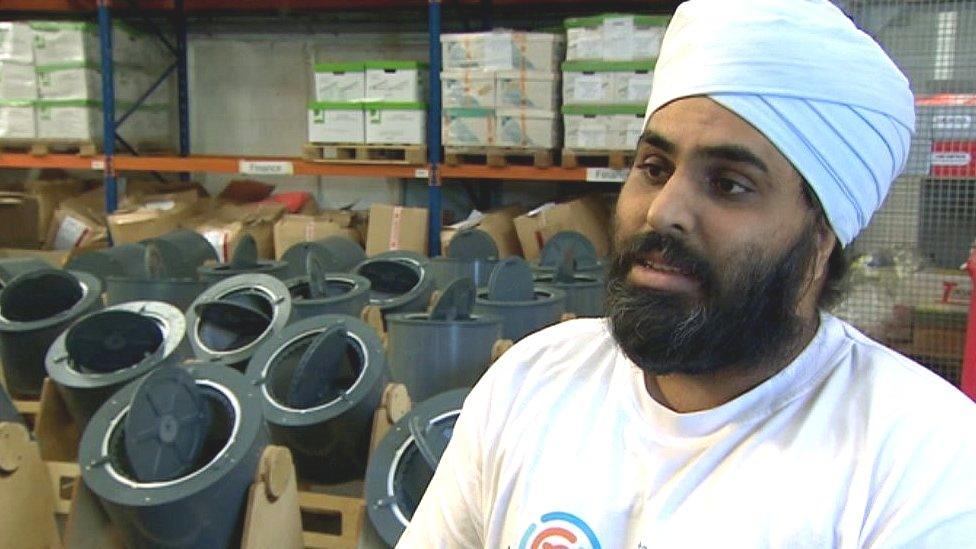Manual washing machines given to people fleeing conflict
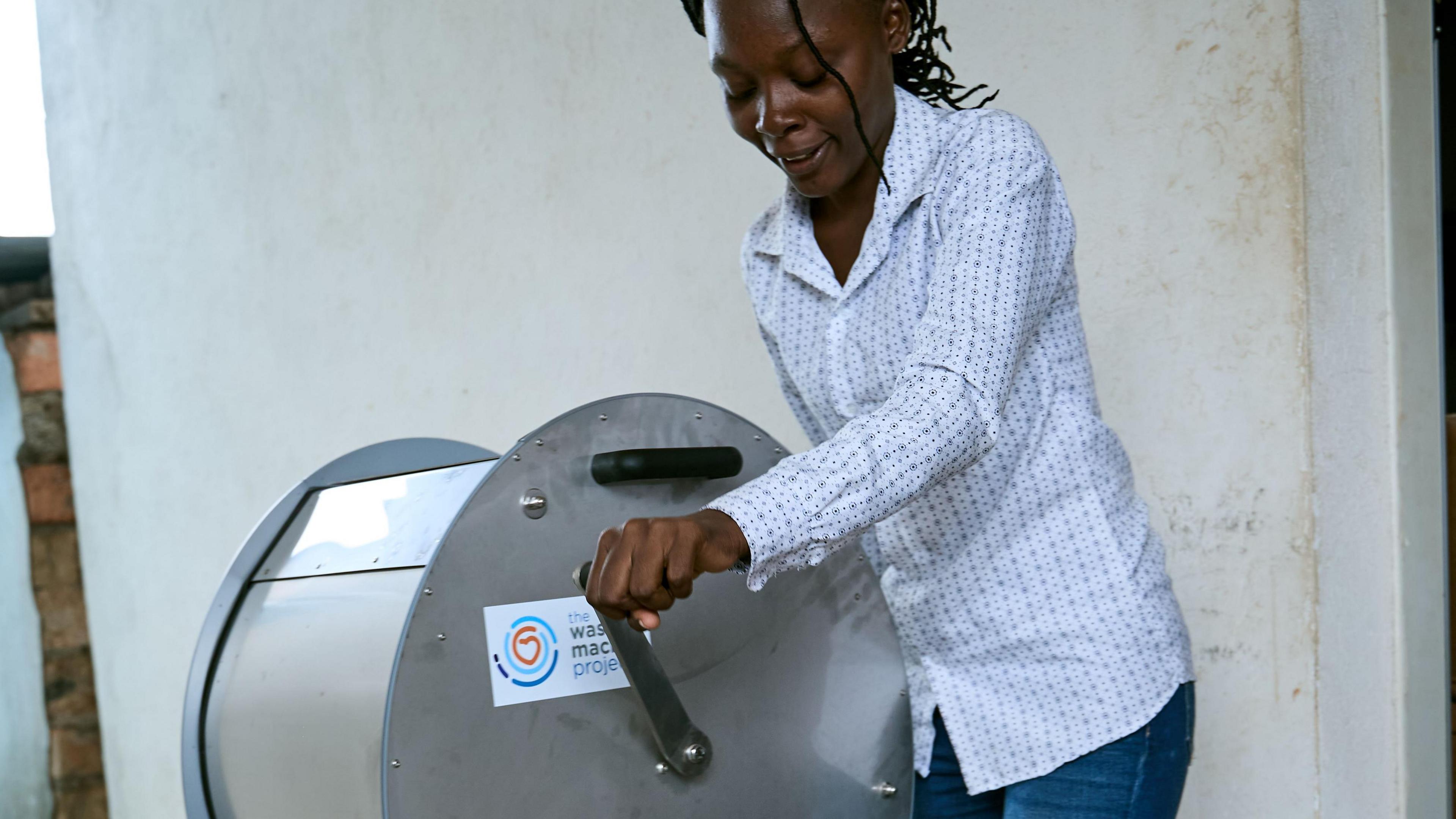
The machines are designed to reduce the time people spend handwashing clothes, and conserve precious water
- Published
Manual washing machines are being given to households and communities in the Republic of Congo where refugees have fled neighbouring conflict zones.
Designed by The Washing Machine Project (TWMP) in Bristol, 100 of the hand cranked machines will be distributed.
TWMP founder Nav Sawhney, said: "In the Republic of Congo, where thousands are fleeing conflict, even simple tasks like washing clothes can become overwhelming."
The social enterprise aims to conserve water and reduce the time people spend handwashing clothes providing much-needed relief.
Some of those likely to benefit from the scheme have been forced to leave the Central African Republic and the Democratic Republic of Congo.
UNHCR Representative in the Congo, Anne-Elisabeth Ravetto, said: “This empowerment project is a source of hope for all these girls and women from the refugee and host population to live productive lives and participate fully in the economic and social life.”
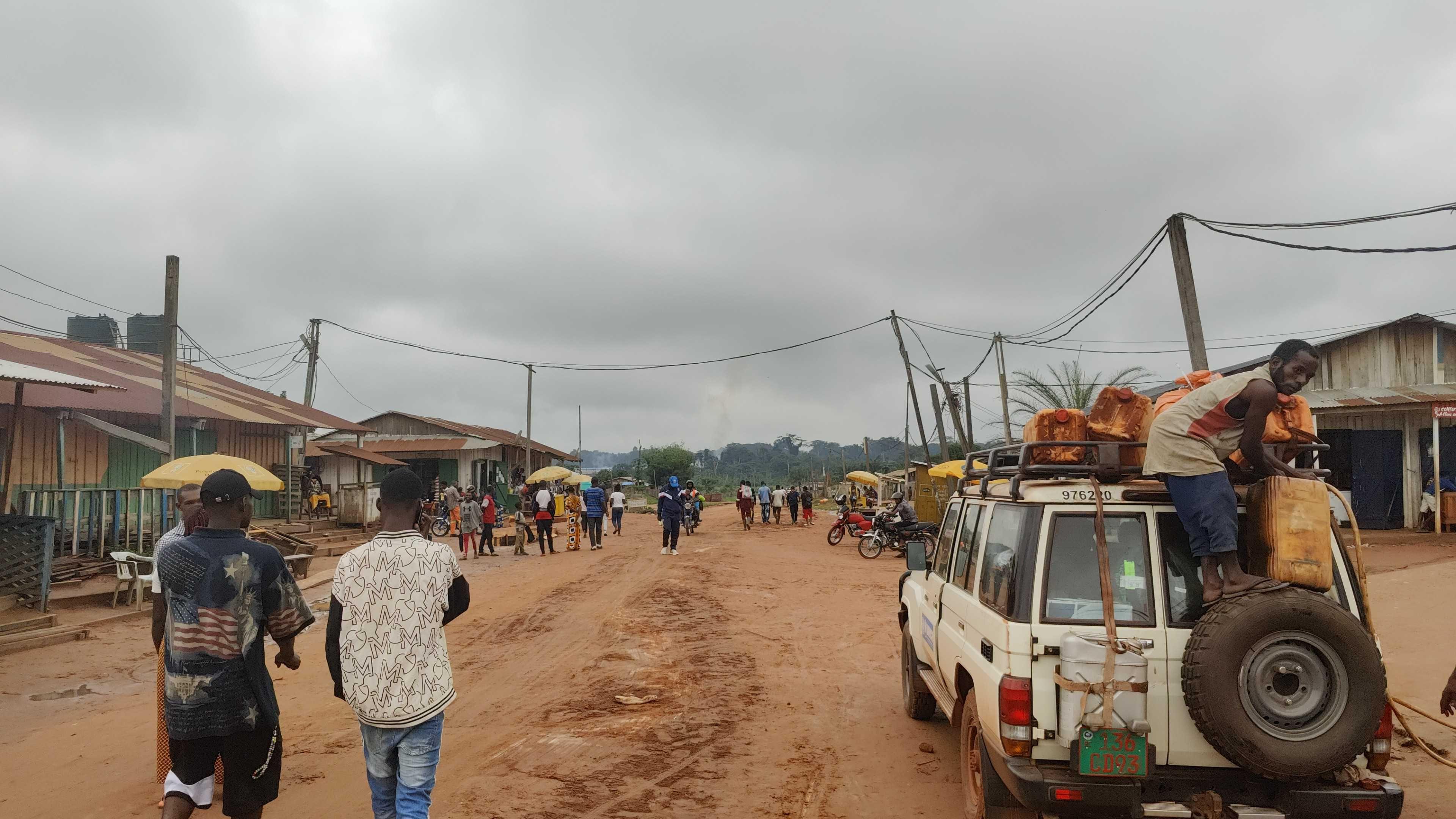
The machines will be delivered to refugees who have fled neighbouring conflict zones
Engineer and University of Bath graduate, Mr Sawhney invented the Divya washing machine, following a work trip to India.
An estimated 60% of the global population - about five billion people - rely on washing their clothes by hand.
In its first five years it is hoped The Washing Machine Project, in collaboration with the Whirlpool Foundation, external and United Nations High Commissioner for Refugees (UNHCR), will free up 17 million hours of work for women and girls, as well as reducing water usage.
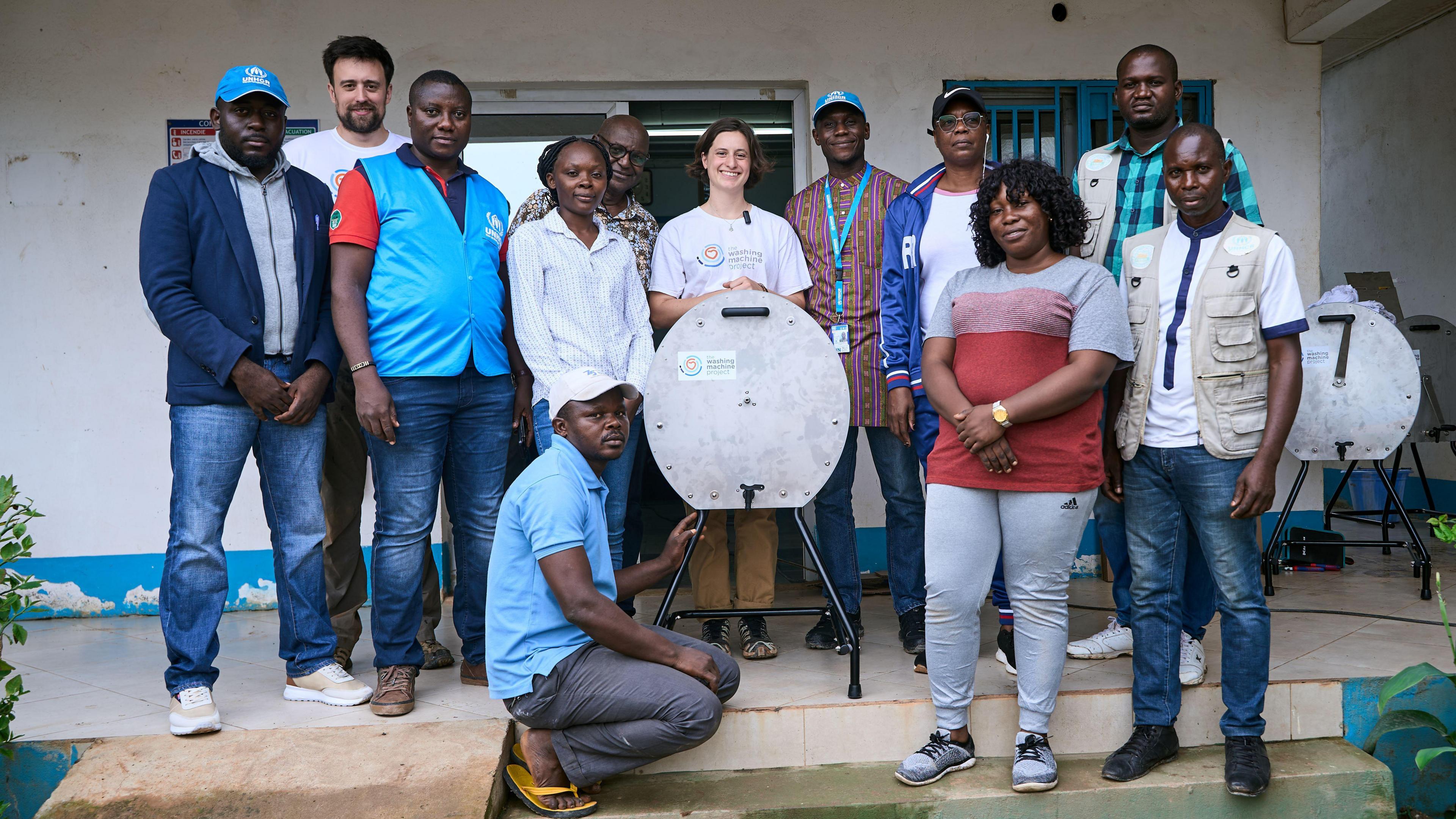
The enterprise said more than 30,000 people have been positively impacted by the machines already
Since its inception, TWMP has distributed these machines to thousands of families across India, Iraq, Lebanon, Mexico, and Uganda.
The enterprise said that more than 30,000 people have already been positively impacted and this is set to rise to one million people by 2029.
Get in touch
Tell us which stories we should cover in Bristol
Follow BBC Somerset on Facebook, external and X, external. Send your story ideas to us on email or via WhatsApp on 0800 313 4630.
- Published15 April 2024
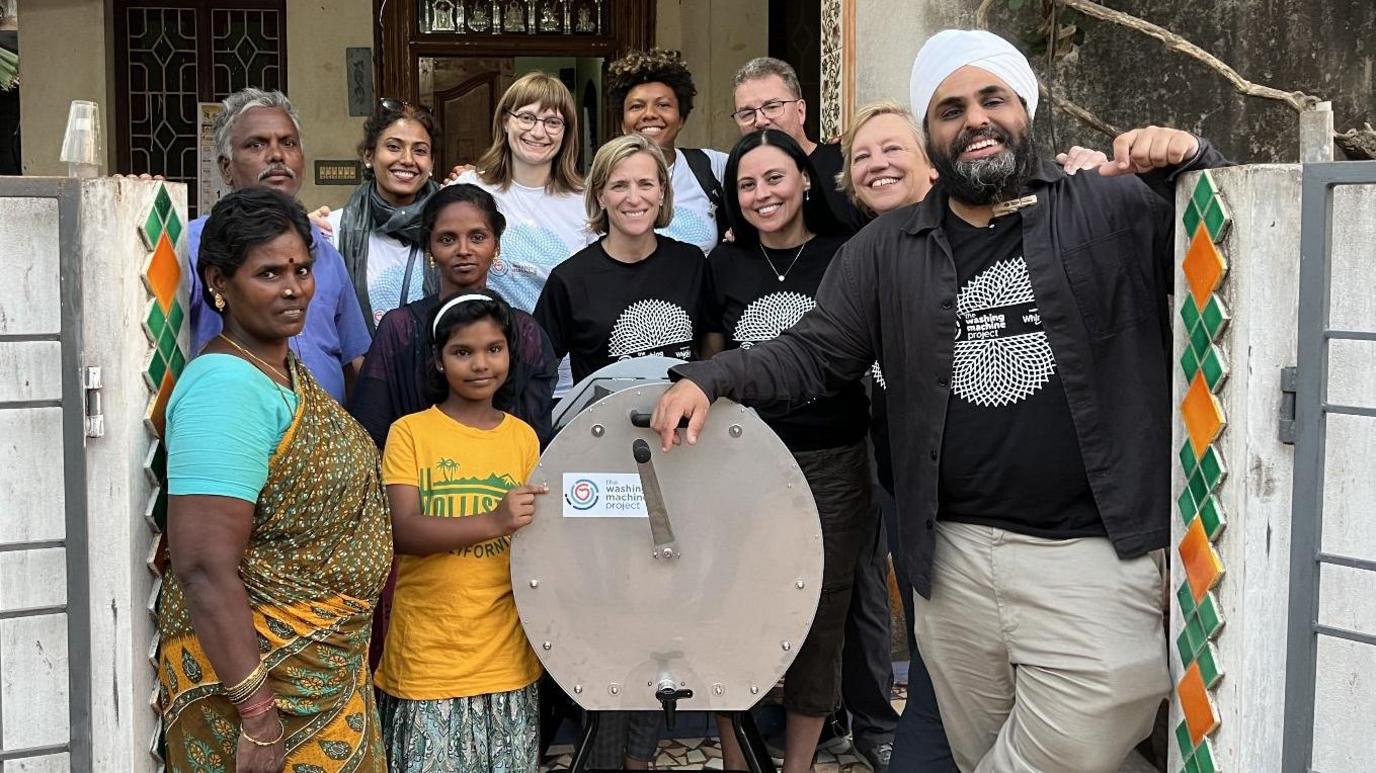
- Published26 January 2023
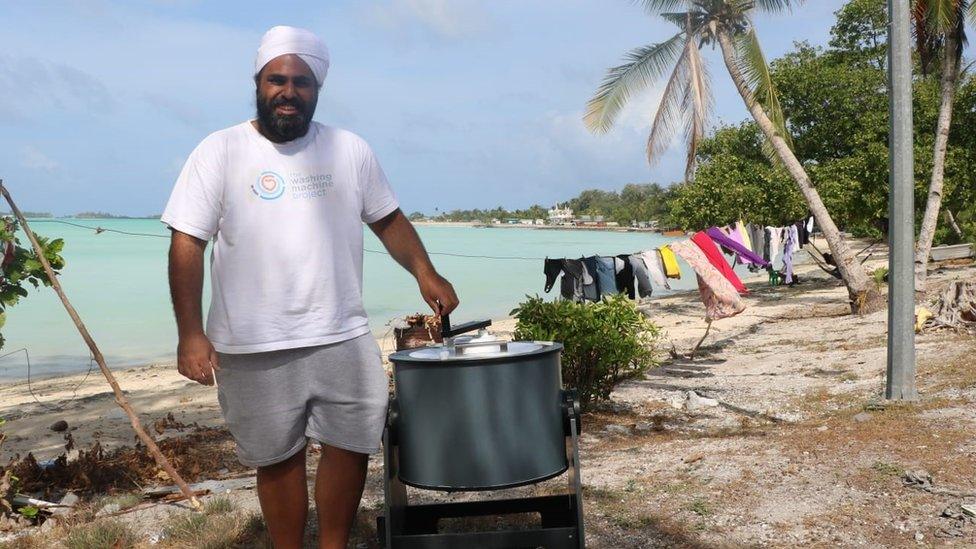
- Published31 May 2022
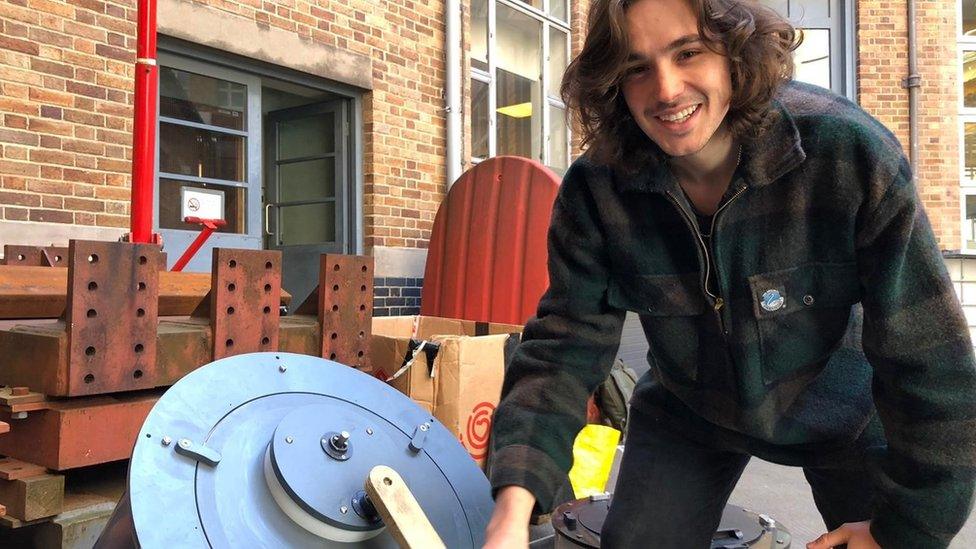
- Published13 August 2021
